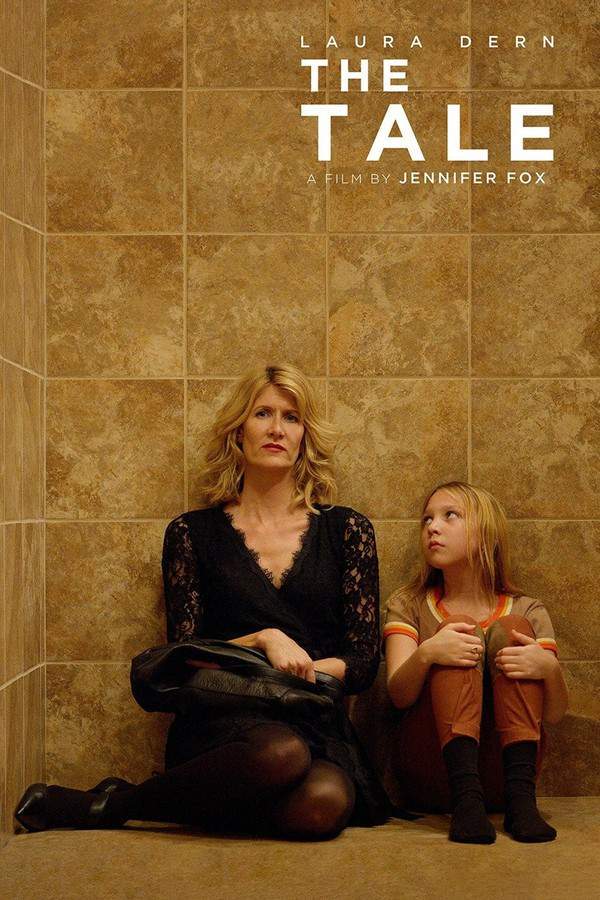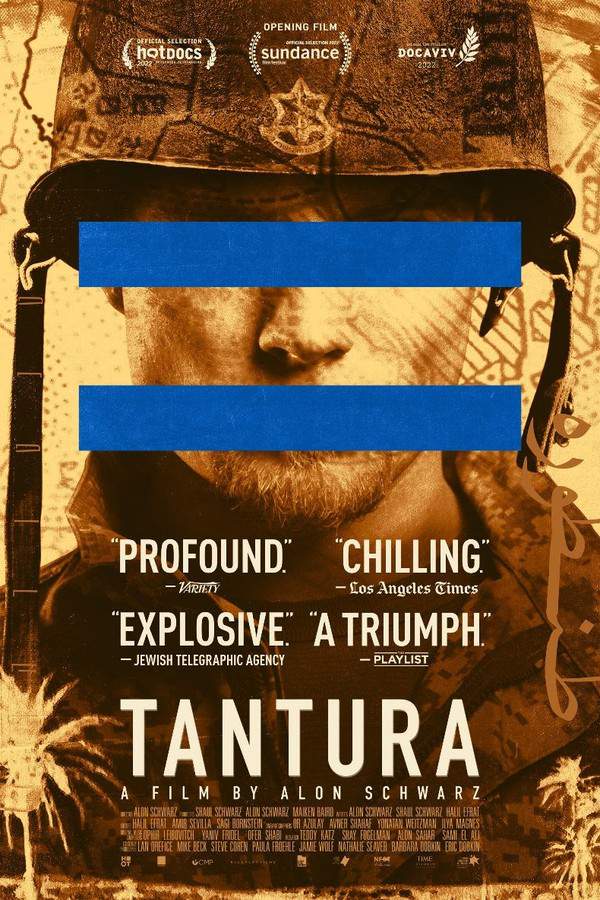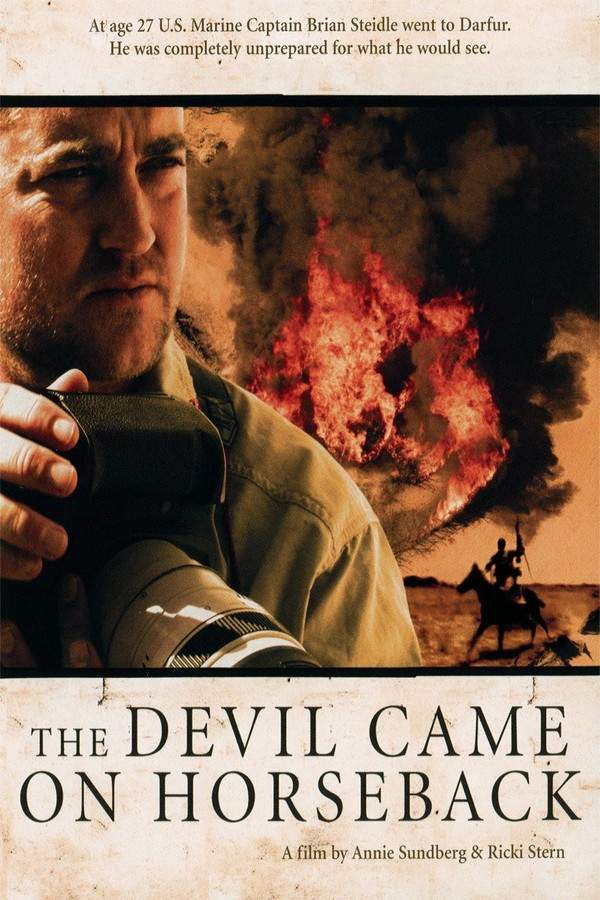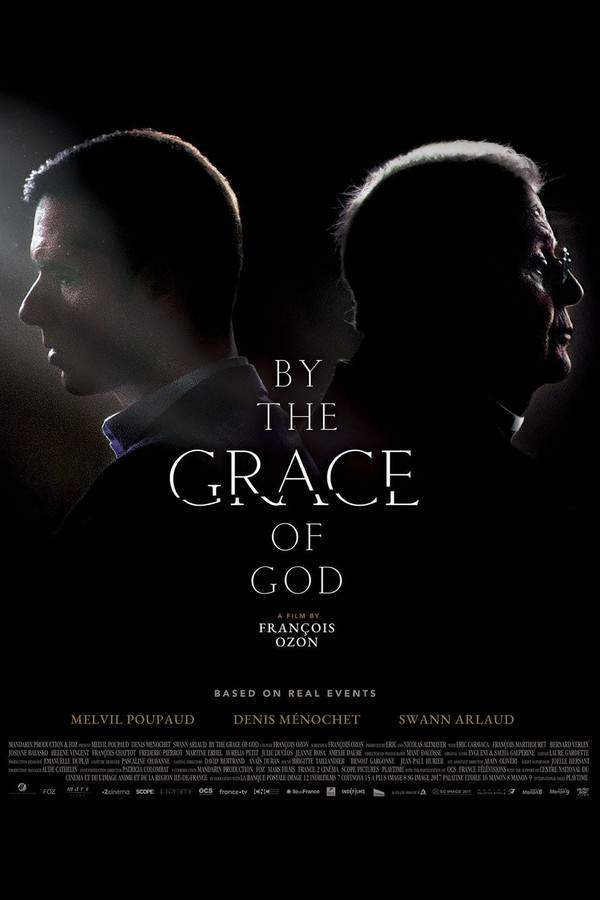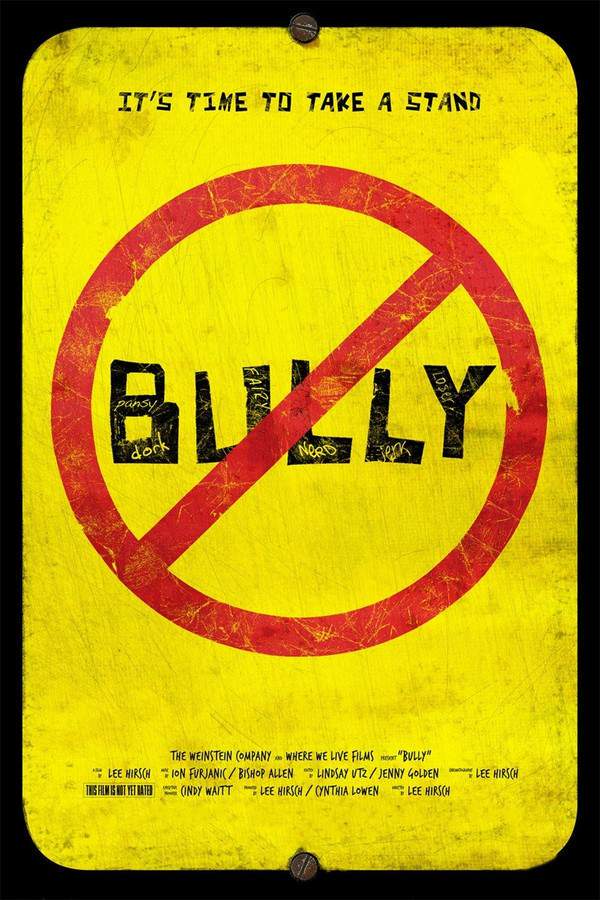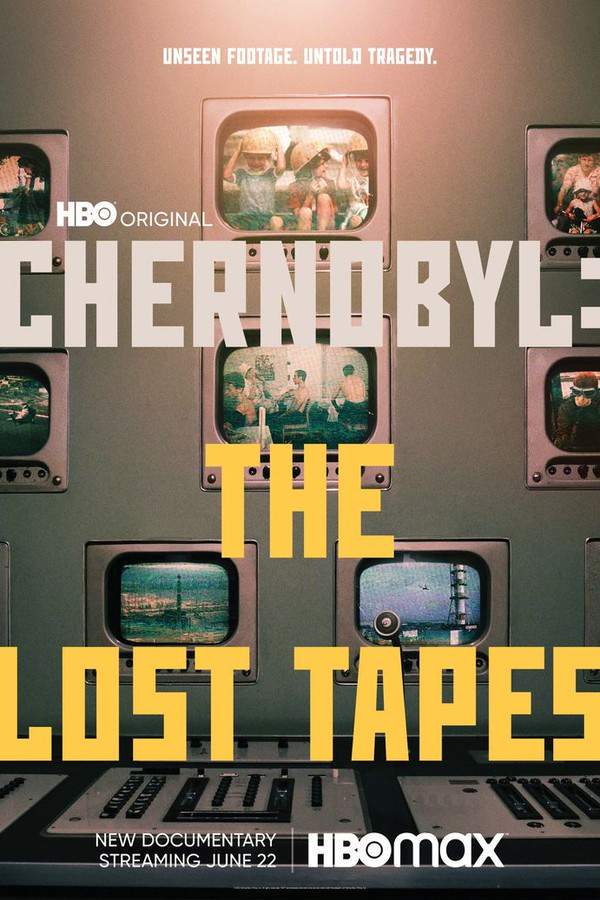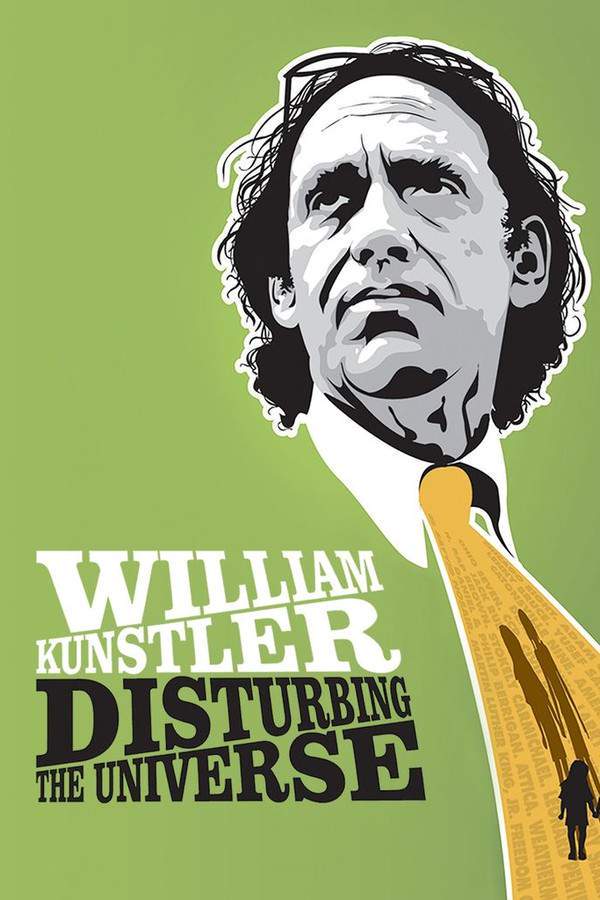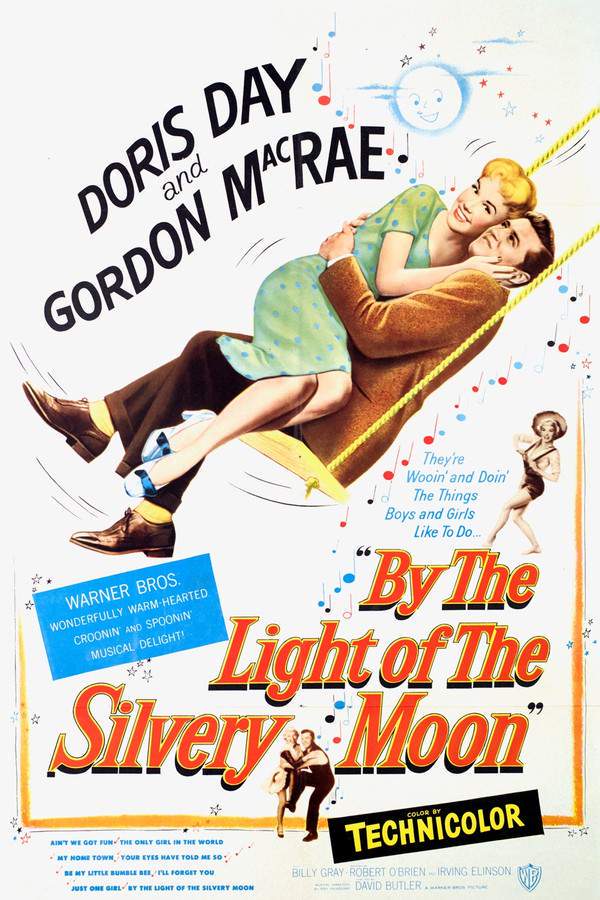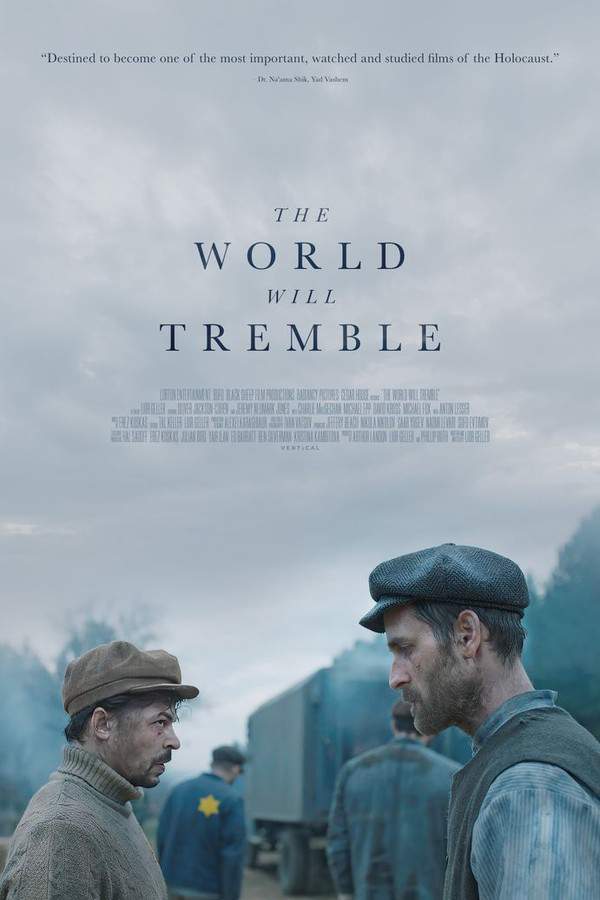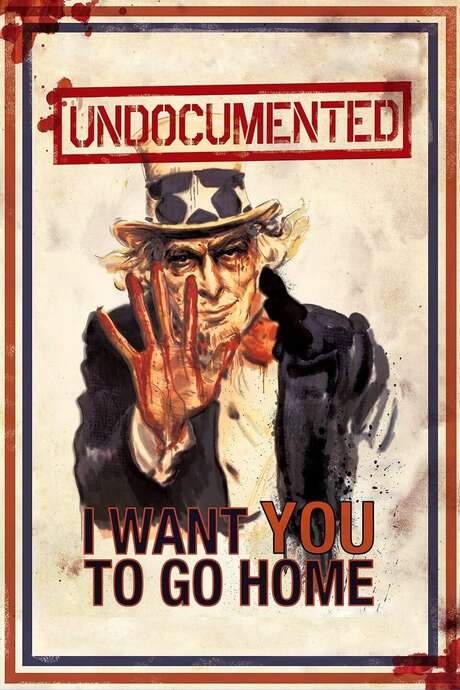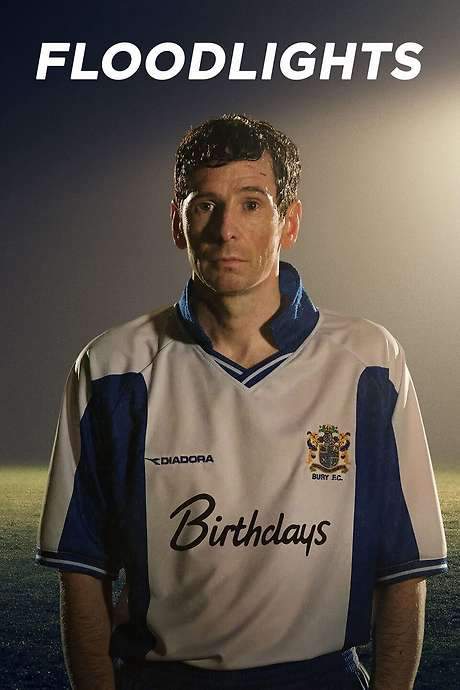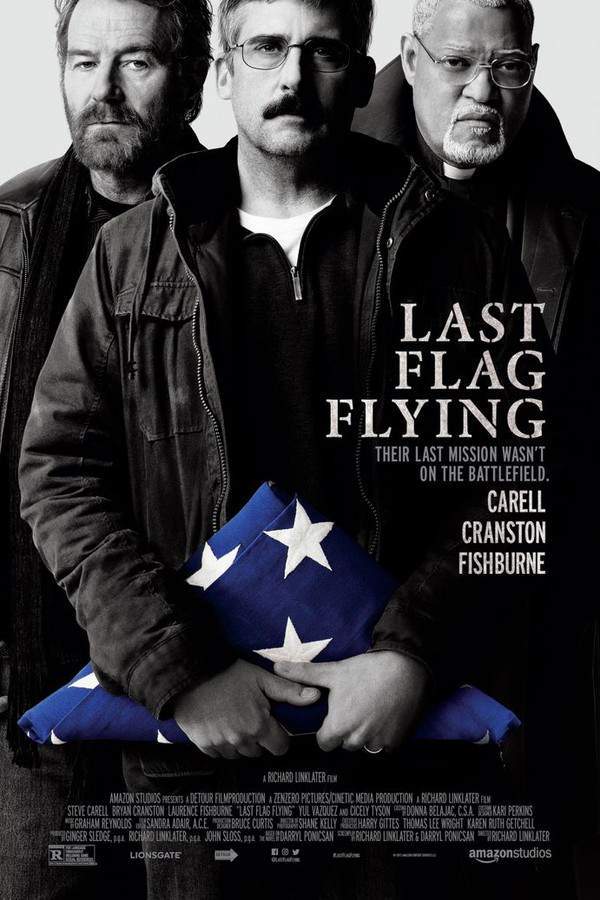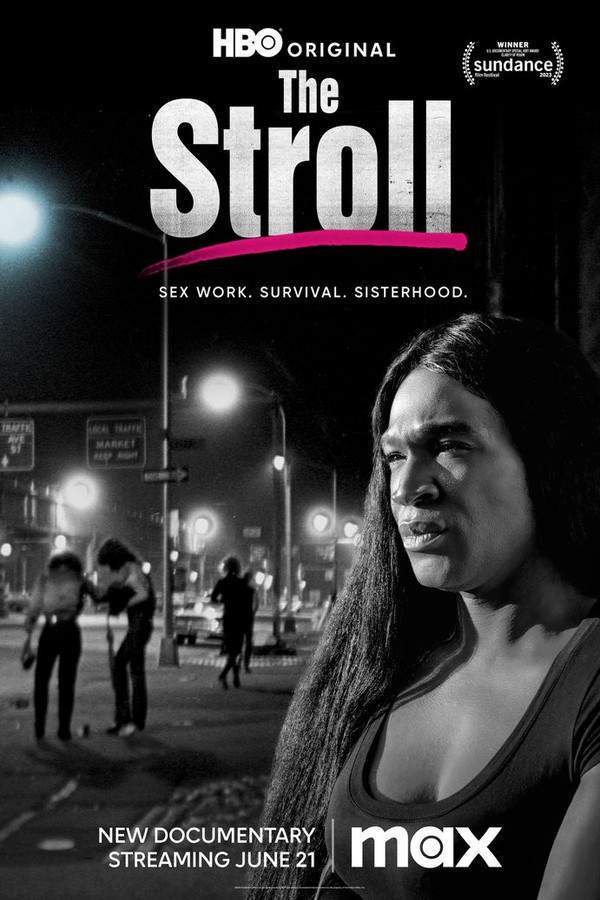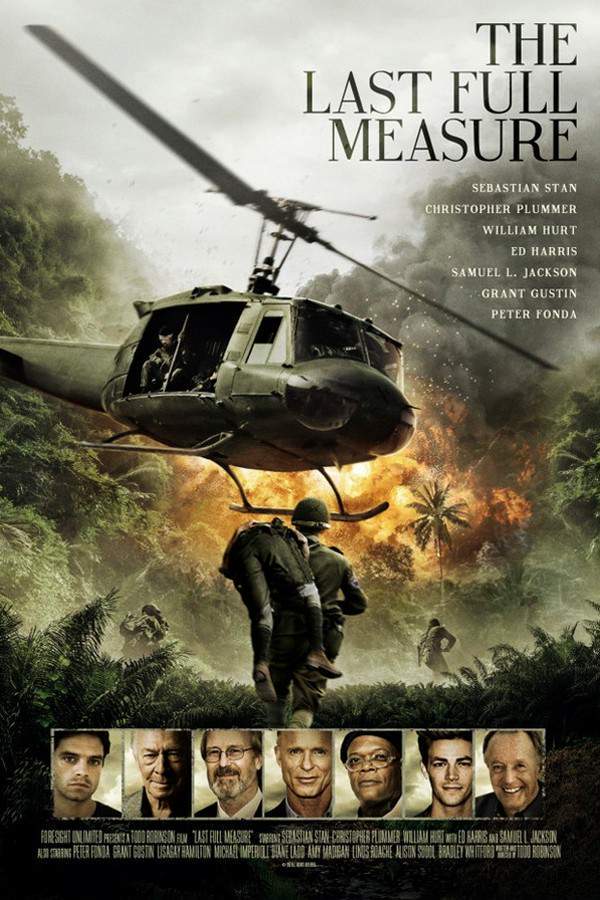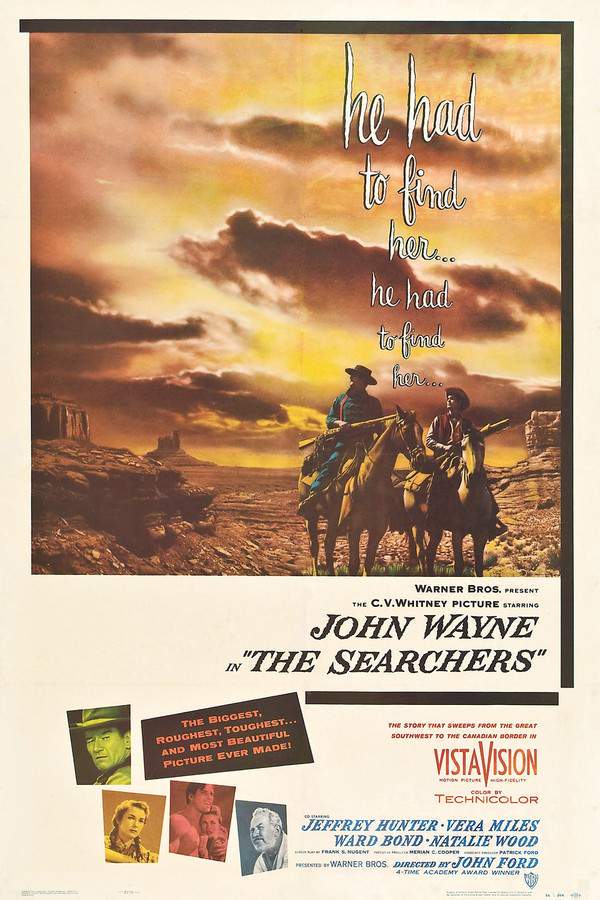
We Were Children
Year: 2012
Runtime: 88 mins
Language: English
Director: Tim Wolochatiuk
For over 130 years until 1996, more than 100,000 First Nations children in Canada were compelled to attend government-funded residential schools operated by various Christian organizations. These 80 schools across the country often located children far from their families and traditional territories. The experiences within these institutions included brutality, harsh conditions, and efforts to erase Indigenous culture and language, aiming to assimilate Native populations into Canadian society. The film presents a deeply moving account of the experiences of two children, Glen Anaquod and Lyna Hart, sharing their personal stories of this difficult period in Canadian history.
Warning: spoilers below!
Haven’t seen We Were Children yet? This summary contains major spoilers. Bookmark the page, watch the movie, and come back for the full breakdown. If you're ready, scroll on and relive the story!
Timeline & Setting – We Were Children (2012)
Explore the full timeline and setting of We Were Children (2012). Follow every major event in chronological order and see how the environment shapes the story, characters, and dramatic tension.
Last Updated: October 01, 2025 at 09:39
Main Characters – We Were Children (2012)
Meet the key characters of We Were Children (2012), with detailed profiles, motivations, and roles in the plot. Understand their emotional journeys and what they reveal about the film’s deeper themes.
Last Updated: October 01, 2025 at 09:39
Major Themes – We Were Children (2012)
Explore the central themes of We Were Children (2012), from psychological, social, and emotional dimensions to philosophical messages. Understand what the film is really saying beneath the surface.
Last Updated: October 01, 2025 at 09:39
Explore Movie Threads
Discover curated groups of movies connected by mood, themes, and story style. Browse collections built around emotion, atmosphere, and narrative focus to easily find films that match what you feel like watching right now.
Movies like We Were Children: Unflinching Survivor Testimony
First-hand accounts of trauma and resilience against systemic injustice.If you were moved by the powerful personal accounts in We Were Children, explore more movies that feature survivor testimony and historical reckoning. These films share a respectful, restrained approach to heavy topics, focusing on resilience and the importance of bearing witness to injustice.
Narrative Summary
Stories in this thread typically unfold through direct testimony or flashbacks, reconstructing a painful past from the perspective of those who lived it. The journey is one of revisiting trauma to reclaim identity and seek understanding, often moving from silence to voice.
Why These Movies?
Movies are grouped here for their shared commitment to presenting traumatic history through the lens of survivor experience. They connect through a heavy emotional weight, a dark but dignified tone, and a focus on resilience in the aftermath of systemic abuse.
Documentaries with a similar pace and tone to We Were Children
Methodical and dignified examinations of difficult chapters in history.For viewers who appreciated the steady, respectful pacing of We Were Children, this section highlights similar documentaries and dramas. These films explore difficult historical events with a methodical approach, prioritizing depth and emotional impact over speed, perfect for those seeking a contemplative viewing experience.
Narrative Summary
The narrative pattern is one of careful exposition, often building a case or revealing a history piece by piece. The structure is frequently chronological or thematic, focusing on creating a comprehensive understanding rather than thrilling twists, leading to a conclusion that acknowledges profound loss while often hinting at the necessity of remembrance.
Why These Movies?
These films share a specific mix of tone, pacing, and intensity. They are united by a dark subject matter approached with a steady, non-exploitative pace, a high emotional weight, and a bittersweet or sobering ending feel that emphasizes the importance of the story itself.
Unlock the Full Story of We Were Children
Don't stop at just watching — explore We Were Children in full detail. From the complete plot summary and scene-by-scene timeline to character breakdowns, thematic analysis, and a deep dive into the ending — every page helps you truly understand what We Were Children is all about. Plus, discover what's next after the movie.
We Were Children Summary
Read a complete plot summary of We Were Children, including all key story points, character arcs, and turning points. This in-depth recap is ideal for understanding the narrative structure or reviewing what happened in the movie.

We Were Children Timeline
Track the full timeline of We Were Children with every major event arranged chronologically. Perfect for decoding non-linear storytelling, flashbacks, or parallel narratives with a clear scene-by-scene breakdown.

We Were Children Spoiler-Free Summary
Get a quick, spoiler-free overview of We Were Children that covers the main plot points and key details without revealing any major twists or spoilers. Perfect for those who want to know what to expect before diving in.

More About We Were Children
Visit What's After the Movie to explore more about We Were Children: box office results, cast and crew info, production details, post-credit scenes, and external links — all in one place for movie fans and researchers.


